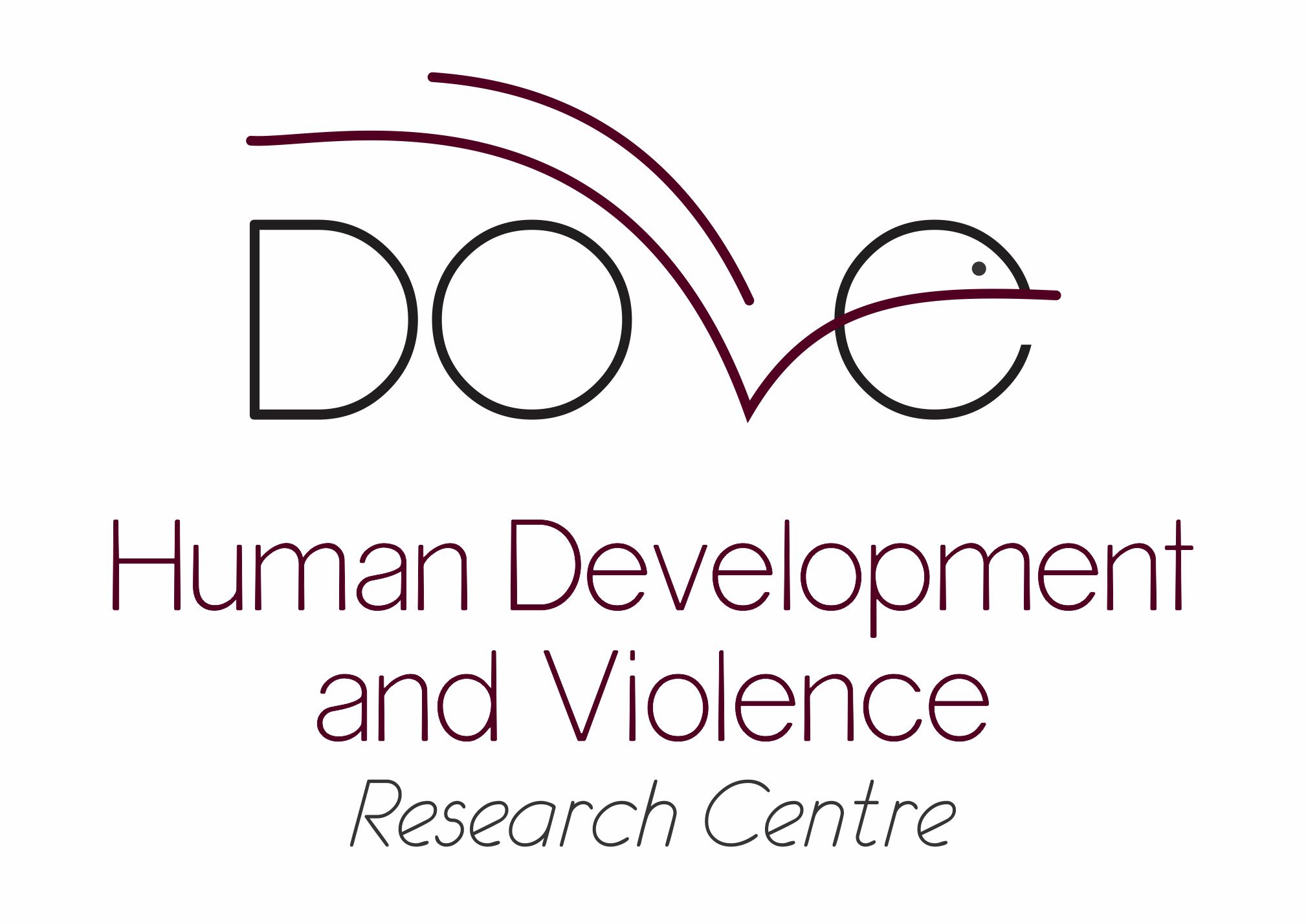Professor Joseph Murray opens seminar on early childhood and socio-education in Brasilia

“What does science tell us about preventing violence from early childhood?” Professor Joseph Murray, from DOVE Research Centre, spoke on this theme at the opening of the seminar “Windows of Opportunities from Early Childhood to Socio-education”, organized on November 6th and 7th, by the Court of Justice of the Federal District and Territories (TJDFT), at the Petrônio Portela Auditorium, in the Federal Senate in Brasília (DF).
Murray’s presentation synthesised evidence about what science tells about child development, risk factors and early prevention of violence. It showed that early prevention strategies have two main fronts: stimulating cognitive and psychosocial development in children, and preventing a number of risk factors, such as maltreatment, lack of affectionate interaction, and lack of health care for children. “The rapid development of the brain and social needs in early childhood provide a window of opportunity for stimulating cognitive and personality skills, such as attention, self-control and empathy, which are so important for success in school and in life in society,” explained Murray.
The researcher highlighted the importance of implementing programs based on scientific evidence and cited examples consolidated by science, such as the Nurse-Family Partnership, a home visiting programme for vulnerable first-time mothers, developed in the United States. “Home visiting programmes can reduce a number of risk factors for later violence,” Murray said. In Brazil, the DOVE Research Centre is conducting the PIÁ study, which assesses the impact of two parenting interventions aimed at low-income families with young children. The first, Conte Comigo, works on children’s cognitive skills and sensitive exchanges with mothers through book sharing, and the second, ACT: Raising Safe Kids Program, guides parents to raise children safely, and without resorting to violence.
The seminar brought together experts, national government authorities, and health professionals to discuss the challenges of transforming public policies and the socio-educational system into concrete opportunities for social reintegration and the exercise of citizenship.


